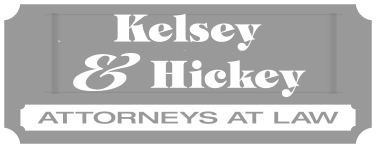You likely use technology and the internet daily to work, for recreation or for social purposes. Your reliance on the internet may also have increased over the past few years.
According to the Pew Research Center, in the U.S., approximately 93% of adults use the internet. As a result, you may have acquired digital assets over the years that you need to include in your estate plan.
1. Compile a list
From social media and email accounts to domain names and digital photos, you may have more digital assets than you think. Before you create or review your estate plan, make a list of all the possible digital assets you own.
2. Back up your data
You may store some of your digital assets on the cloud for security purposes. Make it easier for your family members and others in charge of your estate to locate your digital assets by backing them up to a storage device or local computer as well.
3. Know what you own
You may not actually own some of your digital assets and may instead only possess a transferable license that lets you use them. For example, if you purchased music online, you may only have permission to burn the music to a CD a certain number of times.
Just like the other items included in your estate plan, you should look over the plan you have for these assets regularly. It is a good idea to review what you have included in your estate plan every year or so to ensure it accounts for your wishes.
